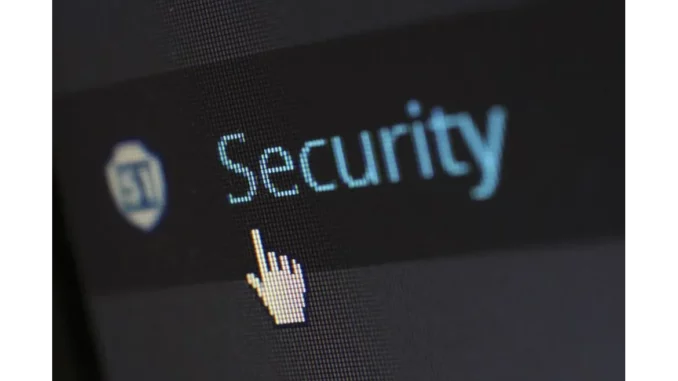
In the bustling world of property management, where regulations and safety measures are paramount, a reassuring presence emerges in the form of the CP12 Gas Safety Certificate. Recently, I had the opportunity to sit down with an industry expert, Mark, who has been at the forefront of property safety and compliance for over two decades. Our conversation delved into the essence of this vital certification and its role in maintaining tenant safety.
Focus360 Energy: property compliance services – pre-planning to post-construction. Learn more.
As we settled into the comfortable surroundings of a local café, Mark began by painting a picture of the current landscape for landlords and property managers. “The CP12 Gas Safety Certificate is not just a piece of paper,” he explained, “it’s a testament to a landlord’s commitment to safety and compliance.” This document, he noted, is a legal requirement for landlords in the UK to ensure that all gas appliances in a rental property are safe for use, thus safeguarding the well-being of tenants.
Mark, with his wealth of experience, highlighted the meticulous process involved. “Each year, landlords must engage a Gas Safe registered engineer to conduct a thorough inspection of their property’s gas appliances,” he said. This includes checking boilers, stoves, and any other gas-powered installations. The engineer assesses these appliances for any defects or issues that could compromise safety.
“The results of these inspections are then meticulously documented in the CP12 certificate,” Mark continued, emphasising the importance of this record. It details the date of the inspection, the findings, and any recommendations for repairs. Crucially, it also includes the name and registration number of the engineer who conducted the safety checks, ensuring accountability and traceability.
Our conversation naturally steered towards the broader implications of these regulations. “Landlords are entrusted with the health, safety, and welfare of their tenants,” Mark asserted. It’s a legal responsibility that, if neglected, can lead to severe consequences, including hefty fines or even imprisonment. He stressed that the CP12 certificate serves as a proactive measure to prevent such scenarios, offering peace of mind to both landlords and tenants.
Mark’s insights were particularly enlightening when discussing the ramifications of non-compliance. “It’s not just about avoiding penalties,” he said. “It’s about fostering a safe living environment.” He went on to mention the recent Smoke & Carbon Monoxide Alarm Amendment Regulations 2022, which stipulate additional safety measures. These regulations require smoke alarms on each floor of a property and carbon monoxide alarms in rooms with solid fuel appliances, such as wood-burning stoves or coal fires.
“The overlap between these regulations and the CP12 certificate is significant,” Mark observed. “Both aim to protect tenants and ensure landlords are meeting their obligations.” He pointed out that failure to comply with these regulations could result in prosecution and fines of up to £5,000, underscoring the financial and legal risks landlords face when neglecting these crucial safety checks.
As our discussion unfolded, it became clear that the CP12 Gas Safety Certificate is more than just a regulatory requirement; it’s a pivotal component of responsible property management. Mark’s expertise illuminated the vital role this certificate plays in the broader context of tenant safety and legal compliance. For landlords, the annual ritual of obtaining a CP12 certificate is a small investment with substantial returns in terms of safety, security, and peace of mind.
In closing, Mark offered a piece of advice for landlords and property managers navigating this essential aspect of property maintenance: “Stay informed and proactive. The landscape of regulations is ever-evolving, and keeping abreast of these changes ensures that you’re not just compliant, but also genuinely invested in the safety and welfare of your tenants.”
With this, our conversation drew to a close. I left with a renewed appreciation for the unseen efforts that contribute to creating safe and compliant living spaces. The CP12 Gas Safety Certificate, as Mark so eloquently illustrated, is not just a procedural necessity—it’s a critical safeguard, ensuring that homes remain safe havens for all who reside within them.
Find out more at Focus 360 Energy


Be the first to comment